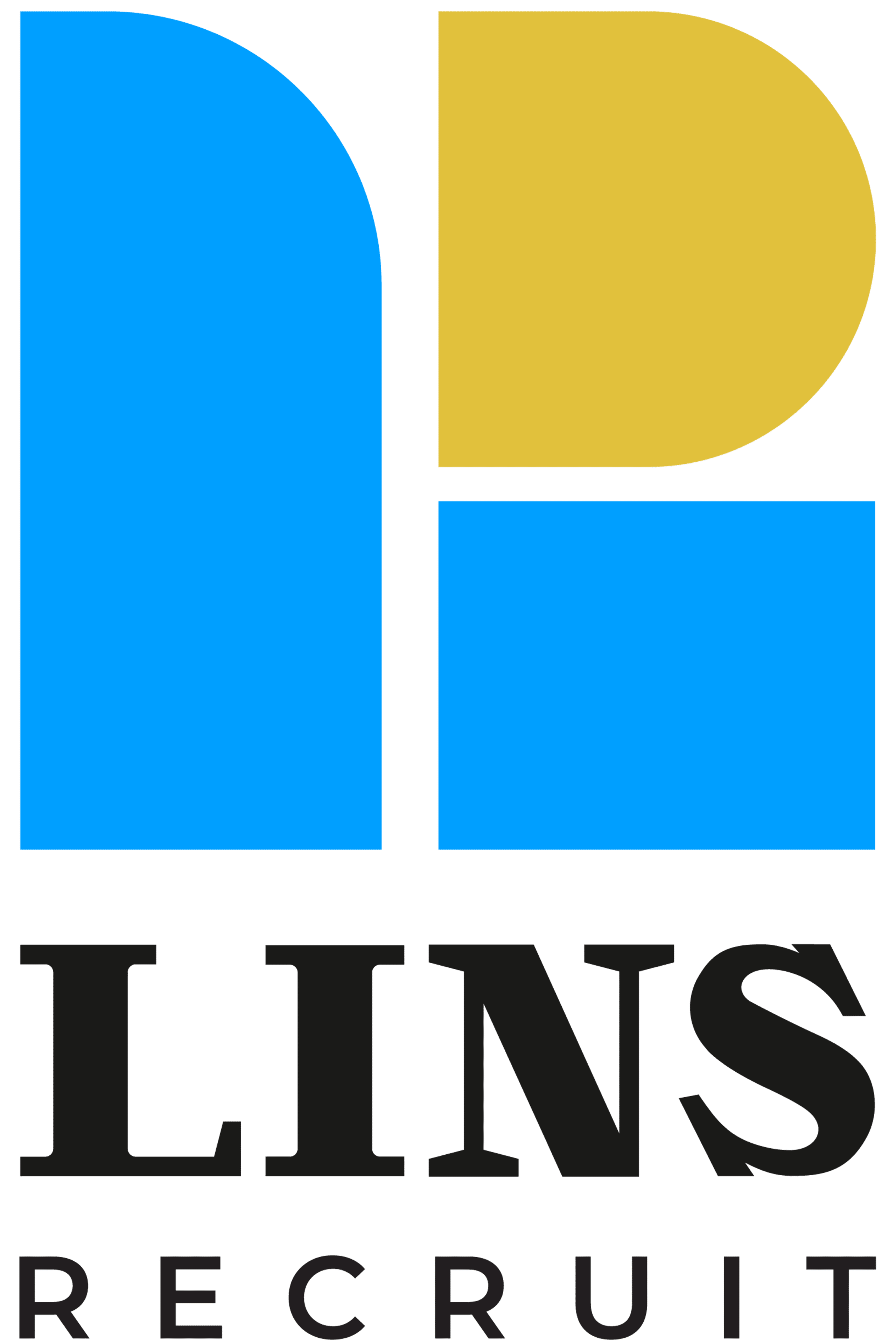Introduction
Lifelong learning is the ongoing, voluntary pursuit of knowledge and skills throughout your life. In today’s rapidly changing job market, embracing lifelong learning is essential for career development and staying competitive. Here, we’ll explore the importance of lifelong learning and how to integrate it into your professional journey.
Understanding Lifelong Learning
– Formal Learning: Structured educational programs, such as degrees and certifications.
– Informal Learning: Self-directed learning activities, such as reading, online courses, and workshops.
– Experiential Learning: Learning through experiences, such as on-the-job training and volunteering.
Importance of Lifelong Learning in Career Development
– Adaptability: Lifelong learning helps you adapt to new technologies, industry trends, and job requirements.
– Skill Enhancement: Continuously improving your skills makes you more valuable to employers and opens up new career opportunities.
– Career Advancement: Lifelong learners are more likely to advance in their careers due to their up-to-date knowledge and skills.
– Personal Growth: Engaging in lifelong learning contributes to personal satisfaction and a sense of achievement.
– Innovation: Lifelong learners are often more innovative and able to contribute fresh ideas and perspectives.
Integrating Lifelong Learning into Your Career
– Set Learning Goals: Identify areas where you want to grow and set specific, achievable learning goals.
– Leverage Online Resources: Utilize online courses, webinars, and tutorials to acquire new knowledge and skills.
– Attend Workshops and Seminars: Participate in industry-specific workshops and seminars to stay current with trends and best practices.
– Seek Certifications: Obtain certifications relevant to your field to validate your skills and enhance your resume.
– Engage in Networking: Join professional organizations and attend networking events to learn from peers and industry leaders.
Overcoming Barriers to Lifelong Learning
– Time Management: Allocate time for learning by prioritizing it in your schedule and setting aside regular study periods.
– Resource Accessibility: Take advantage of free or low-cost learning resources available online and through libraries.
– Motivation: Stay motivated by focusing on the long-term benefits of lifelong learning and celebrating your achievements.
– Support Systems: Seek support from employers, mentors, and peers who can encourage and facilitate your learning efforts.
-Promote Learning Opportunities: Encourage employees to pursue learning opportunities and provide resources to support their growth.
– Offer Training Programs: Implement training and development programs that align with employees’ career goals.
– Recognize Achievements: Acknowledge and reward employees who engage in lifelong learning and achieve certifications or other milestones.
– Leaders should model a commitment to lifelong learning and share their own learning experiences.
Conclusion
Lifelong learning is a cornerstone of career development and professional success. By continuously seeking new knowledge and skills, you can stay competitive, adapt to changes, and achieve your career goals. Embrace lifelong learning as a vital part of your professional journey to enhance your growth and thrive in your career.





